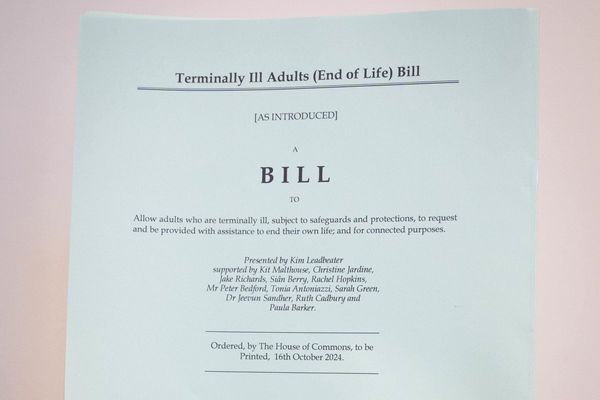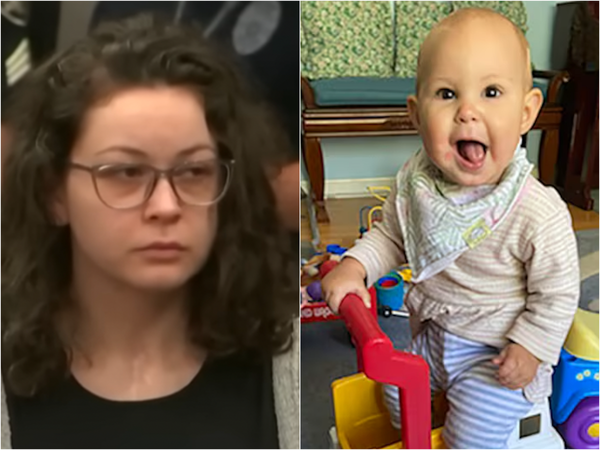
Philosopher Nick Bostrom, in his “vulnerable world” hypothesis, offers an elegant metaphor for understanding technology and its impact on humans and the future of civilisation. He argues our world may be more fragile than we think — that the danger with technology is we have a knack for inventing things, but that uninventing technology is almost impossible.
He asks us to imagine an urn filled with three colours of balls: white, grey and black. White balls are the most common and include inventions like penicillin, a net good that saves millions of lives with almost no downside. Grey balls are rarer but trickier; they are inventions involving nuclear power, which could lead to total global annihilation but have mostly been used to power cities and towns and to aid scientific research. The third coloured ball is black, and there need only be one. A black ball is a disastrous invention that could end civilisation.
It is too soon to tell, but artificial intelligence could well be the black ball, for a multitude of reasons.
First, what we are creating is a technology that can continually rewrite its code. This means it is on a rapid evolutionary path, separate to the original incarnation or even intention. Past a point, its capacity and intelligence are not controlled or even generated by humans. Second, it can be autonomous in its decision-making, able to take steps independent of human action. It has agency. No other invention or tool in human history has such a level of independence.
AI could represent the creation of an intelligence greater than our cumulative human brainpower, but our relationship to such an entity is very much unknown. AI is highly malleable and ubiquitous, and amid the proliferation of generative AI, our recent debate around deepfakes — synthetic media digitally manipulated to replicate a person’s likeness — may feel timely, but it is also long overdue. We are debating which gambling company has the best odds when the horse is halfway across the finish line.
In May, the think tank Per Capita released an exemplary report that puts forward some starting solutions, including information sharing and government investment in not-for-profit AI, properly taxing large companies that are leading on AI (like Google, Microsoft and Meta), regulating data sets used to train AI, and the formation of a new AI Commission.
In the political realm, the ability to quickly detect deepfakes would be helpful, as would a national regulatory approach, especially in protected and high-risk industries such as medicine. However, as a global industry, the regulation of generative AI and even deepfakes will be difficult if not impossible.
This is a technology that already is becoming rapidly embedded in all aspects of our life, and a small group of corporations are in a competitive arms race regarding the creation of LLMs (large language models) such as ChatGPT, as well as all generative AI. This has the potential to not only displace arts and literature but to impact the very nature of our social fabric.
When pushed, most people say their political views are informed by their social groups, who they are dating or married to, who their parents are or were, or what their closest friends think. AI deepfakes, not only of our politicians but of those in our inner sanctum, have the potential to erode trust and could fundamentally disrupt our social networks. The issue is ubiquitous, global and in the hands of individual actors. The race to generate new tools may be won by a few big players, but the technology will be as hard to regulate as the internet.
What we can do is educate our population on the world we are entering. From kindergarten, our children should be learning about the manipulation of content and how to get information that is accurate and factual. Alongside this, we need trusted products and a return to face-to-face communication. The ball may look black at the moment, but there is the possibility with sunlight it fades to grey.







